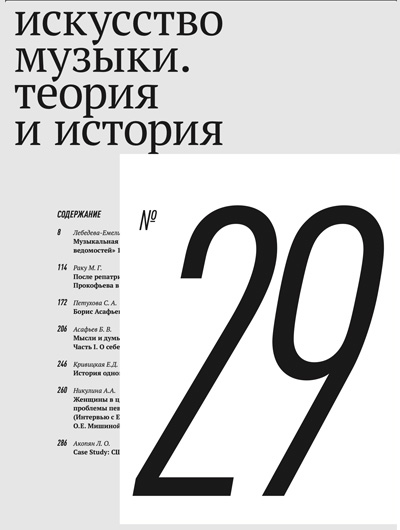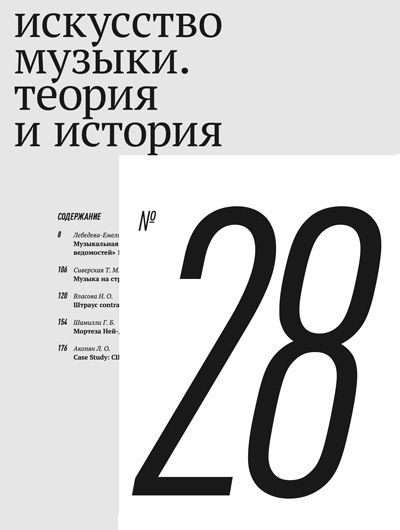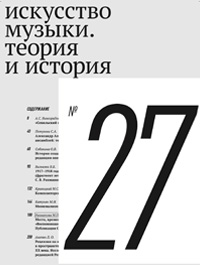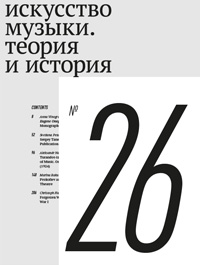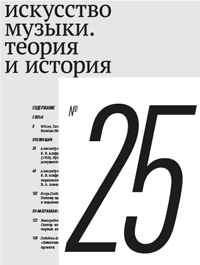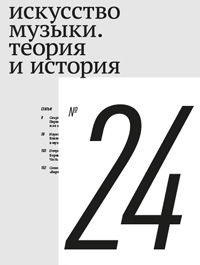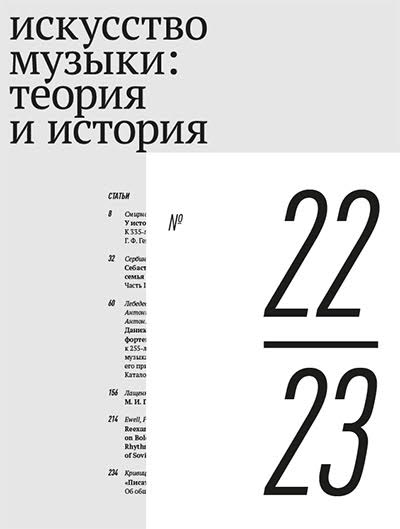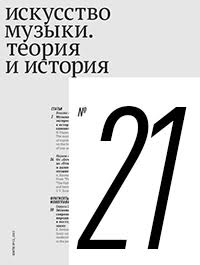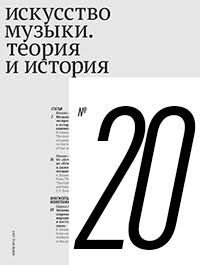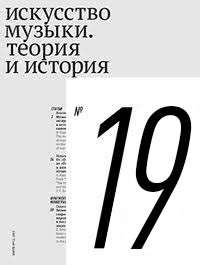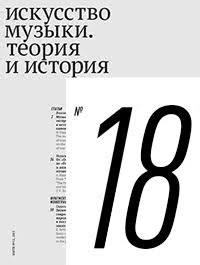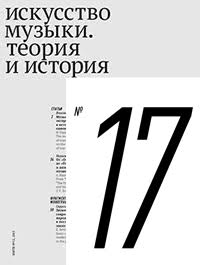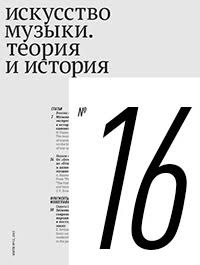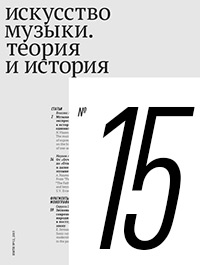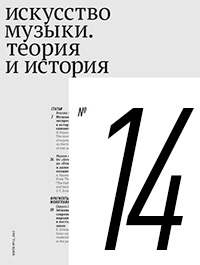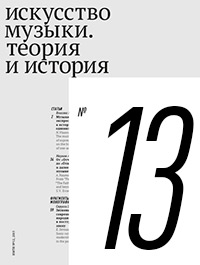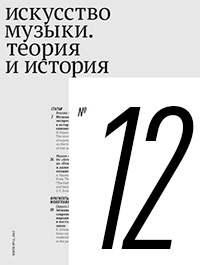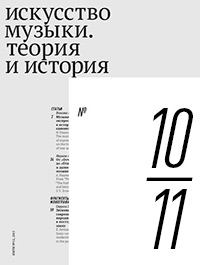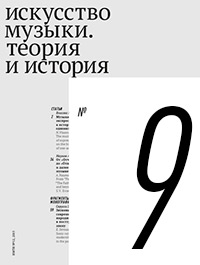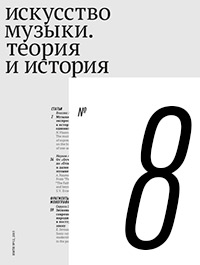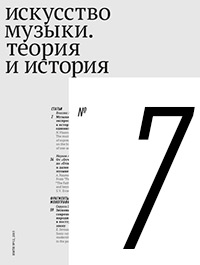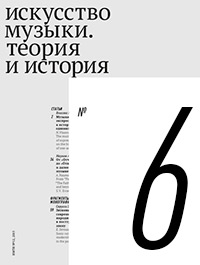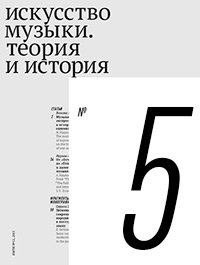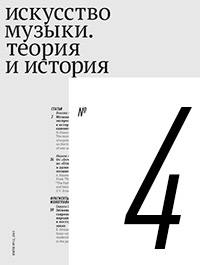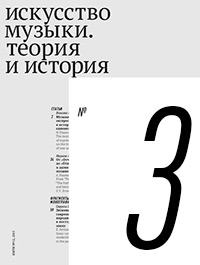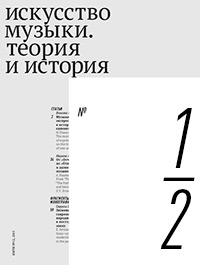2012 ¹ 6
The present issue consists of articles that were submitted by the members of the department of contemporary problems of musical art of the State Institute for Art Studies for the collection ‘Musical-Theoretical Systems of the 20th centuries’ (edited by M. G. Aranovsky). The collection was published in 2011 after Professor Aranovsky’s death, in a very small number of copies with editorial and printing flaws. Since the articles can be of interest for a wide circle of readers, the editorial board decided to re-publish them.
The article contains a survey of the writings by Sergey Taneyev, an eminent Russian composer and music theorist, dealing with the theory of counterpoint. Taneyev’s theoretical views are analyzed on the material of his books Convertible Counterpoint in the Strict Style (first published in 1909) and The Study of Canon (unfinished, published posthumously in 1929). The development of Taneyev’s theory in the works of Russian specialists in polyphony is traced.
During his lifetime, Boleslav Leopol’dovich Yavorsky (1877–1942) enjoyed high reputation as musicologist, thinker, and teacher. A considerable part of his legacy, however, has remained unpublished. In this article, an attempt has been made to summarize Yavorsky’s theoretical views, reflected in his unfinished outline of an integrated and consistent theory of musical language.
Boris Vladimirovich Asafiev (1884–1949) is universally known as the founder of the theory of intonation. Some of the latter’s aspects, however, are not sufficiently elucidated in Asafiev’s writings, giving rise to ambiguous interpretations. The article provides a general image of Asafiev’s theoretical ideas and brings forward a comprehensive interpretation of his theory of intonation.
The article describes and comments upon Heinrich Schenker’s theory of tonal music, largely known as one of the most influential theoretical doctrines of the 20th century.
The rise of popularity of Heinrich Schenker’s theoretical doctrine in the 2nd half of the 20th century was largely conditioned by its ideological closeness to the generative syntax by Noam Chomsky. The article discusses the trends in musicology continuing these two doctrines; a special attention is paid to the treatise by F. Lerdahl and R. Jackendoff A Generative Theory of Tonal Music (1983).
The author surveys the achievements of Russian musicology based on the functional approach to the study of harmony, monodic scales, musical form and melodic syntax, as well as of the music as an integrated phenomenon ruled by the laws of psychological perception.
The so-called set theory is a well-known contemporary methodology used mainly in the analysis of new music, especially free atonal and twelve-tone. The article presents the fundamentals of the theory, discusses its merits and limitations.
